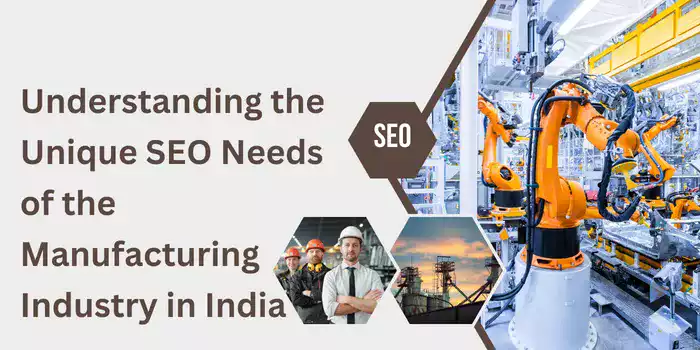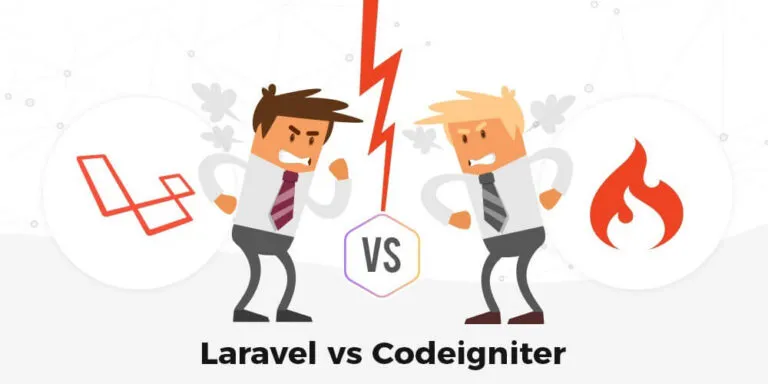Understanding The Unique SEO Needs Of The Manufacturing Industry In India
In today’s digital age, businesses across all sectors in India are increasingly investing in digital marketing to enhance their online presence and drive growth. However, the manufacturing industry often lags in understanding and effectively implementing Search Engine Optimization (SEO). This gap is particularly noticeable in India, where many manufacturing businesses [...]



